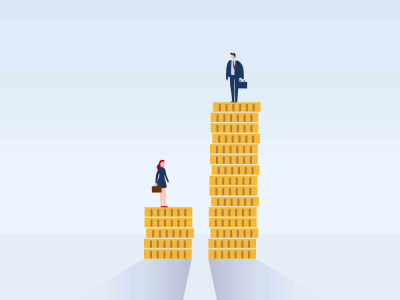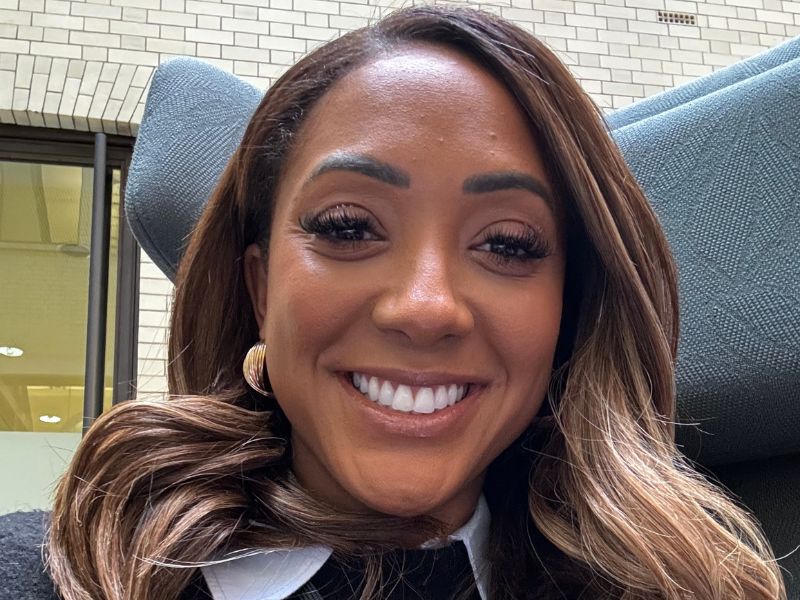Men are still dominating the BBC’s top salaries list, with the top 12 earners slots all taken by men.
Gary Lineker is now top of the list, overtaking Chris Evans as the highest paid person at the BBC. Lineker is reported to have earnt between £1.75m to £1.76m in 2017-18.
Claudia Winkleman is still the highest paid woman on the list, earning between £370,000 and £379,999, according to the report.
In total, only eight women made the list, including Sarah Montague; Emily Maitlis, and Jane Garvey.
Top 13 highest earning BBC stars
- Gary Lineker – £1,750,000 – £1,759,999
- Chris Evans – £1,660,000 – £1,699,999
- Graham Norton – £600,000 -£609,999
- Steve Wright – £550,000 – £559,999
- Huw Edwards – £520,000 – £529,999
- Jeremy Vine – £440,000 – £449,999
- Nicky Campbell – £410,000 – £419,999
- Alan Shearer – £410,000 – £419,999
- John Humphrys – £400,000 – £409,999
- Nick Grimshaw – £400,000 – £409,999
- Stephen Nolan – £400,000 – £409,999
- Andrew Marr – £400,000 – £409,999
- Claudia Winkleman – £370,000 – £379,999
Last year, the BBC came under fire after it revealed the shocking extent of its gender pay gap and female representation.
For the first time, the BBC released the wages of its biggest stars, which showed that only a third of women were amongst the highest earners.
In response to its gender pay gap, the BBC announced that some male presenters could face a pay cut in a bid to close the gap.
This year’s BBC Annual Report shows that Chris Evans, Graham Norton, Jeremy Vine, and John Humphrys have all received a cut in pay.
The BBC’s effort to close the gender pay gap within the organization means that the total number of on-air talent paid more than £150,000 will rise by almost a fifth by 1 April 2019.
The BBC has also said that by next March, the proportion of women making the top pay list would reach 40 per cent, and would be at 50 per cent by 2020.
The 2018 report shows significant changes as BBC Studios, which makes programmes such as Strictly Come Dancing, is no longer included as it is now considered a commercial entity. The BBC has also said the published salaries do not fully reflect some pay rises and pay cuts, which will not filter through until next year’s list.
Speaking about the BBC’s gender pay gap, Tony Hall, Director-General at the BBC, said, “I’ve made it absolutely clear that’s not good enough and I want to get to 50/50, and that will mean changes in the range of what people are paid right across [the organisation].”
“We are making progress and you must understand that.”
“We’re trying to get a balanced range of men and women and their pay right across the organisation.”
“I am concentrating on what is a huge change, which is going from 25 per cent of women to 40 per cent of women being in the top, over £150,000 pay…”
“These things take time.”









